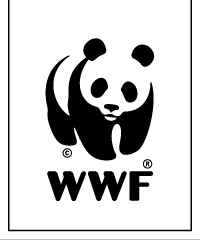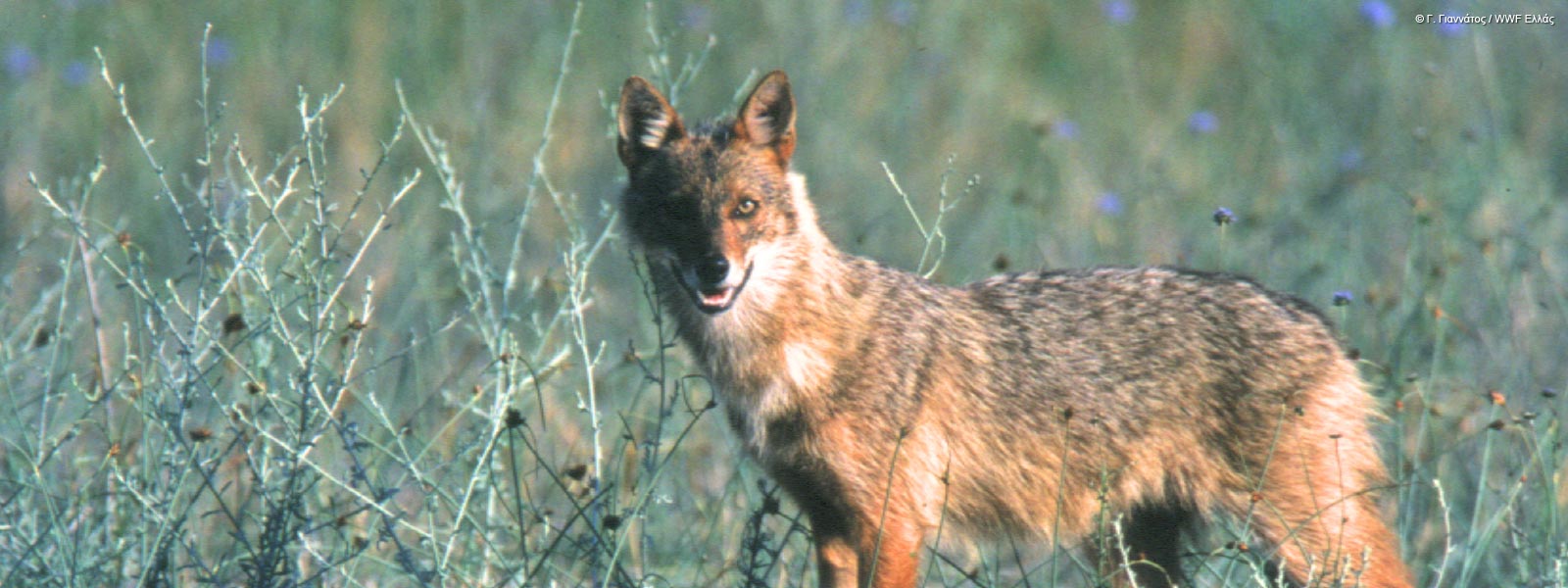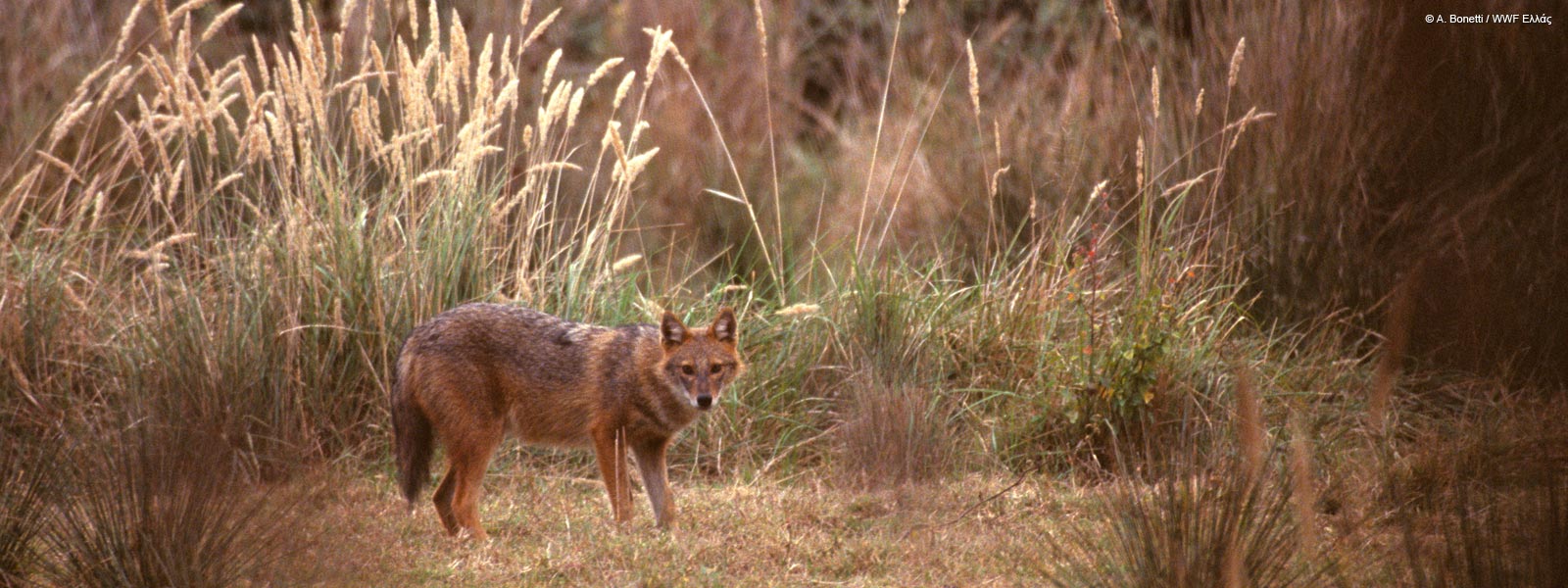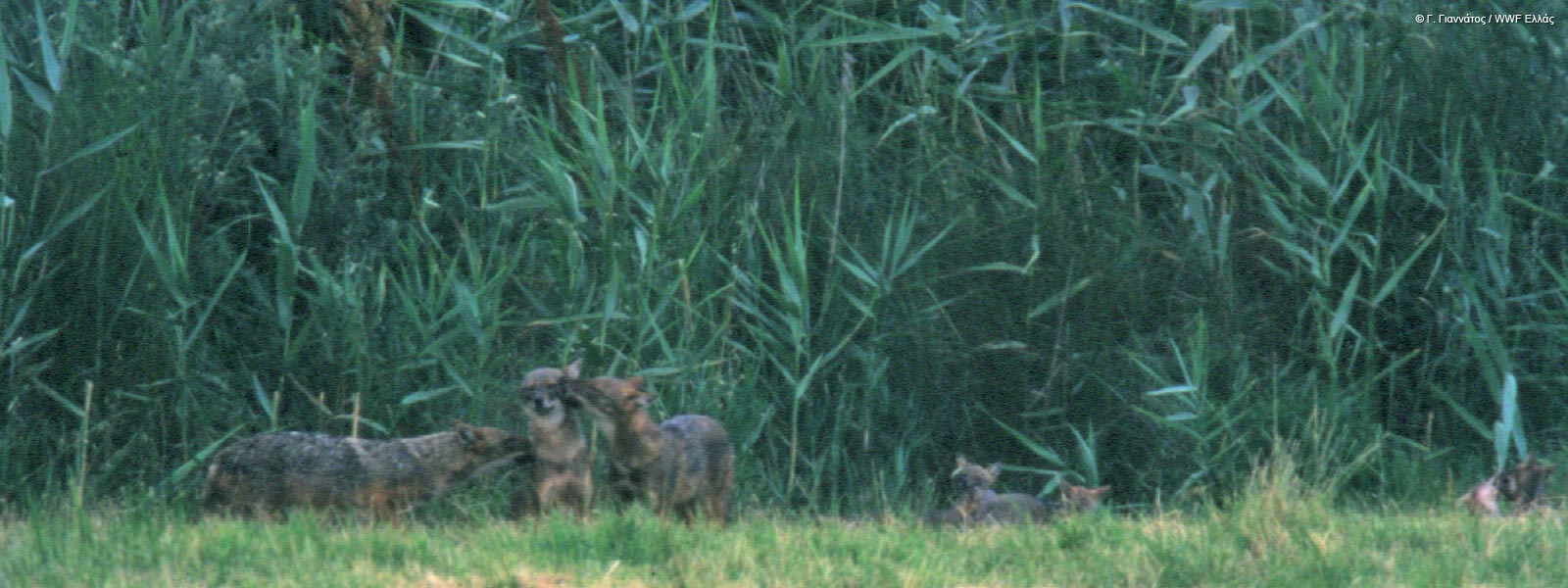A shy and misunderstood resident of the Greek countryside suffering the consequences of wildfires and other threats, the golden jackal is yet another unique species in Greece threatened with extinction.
The Life of the Golden Jackal
Jackals are called “nature’s cleaners” because, as omnivorous animals, they prey on rodents and comb their territories for organic residue and waste (fallen fruit, carrions, etc.). No larger than the average cocker spaniel, golden jackals live between 8 and 10 years. In Greece, their number does not exceed 1,500 individuals, found mainly in Evros, the river Nestos and Lake Vistonida, Lake Kerkini, central Macedonia, Chalkidiki, Fokida, the Peloponnese and Samos (the only island where jackals are found).
Monogamy and howling after dusk to communicate with each other are their trademarks.
Life under Threat
The golden jackal has gone from being a common species to being threatened with extinction in only a few years and is today considered an endangered species according to The Red Data Book of Threatened Animals of Greece (Athens, 2009). Since the early 1990s, jackal territories have shrunk significantly.
Golden jackals mainly face threats to their habitat. They spread in low and medium altitude areas (in the Peloponnese as high as 600 meters) in mosaics of cultivated patches, Mediterranean shrubbery and wetlands with thick clusters of vegetation. Land use changes in these areas have been intense during the past 30 years. The abandonment of small low-intensity crops in semi-mountainous regions, the reduction and/or intensification of animal husbandry, the intensification of agriculture in the lowlands, the destruction and reclamation of small wetlands and the expansion of settlements in coastal areas are factors that decisively contribute to the degradation of the golden jackals’ habitats and the depletion of their food resources. Frequent devastating wildfires further aggravate the state of the small remaining populations. Hunting is yet another threat that golden jackals have had to face: up until 1990, jackals were classified as a harmful species, and, as a result, dozens of animals were killed each year.
Recently, the use of poisoned baits has spread out of control, endangering not only jackals but many other unique species of the Greek countryside, such as rare raptors and vultures, wolves and bears. As small groups or families of jackals are cut off and isolated, they become more vulnerable to human-generated and natural pressures. It should be noted that Greece is a mountainous country, presenting the jackal with many natural barriers. Without adequate conservation measures, this unique species will soon be faced with extinction in Greece.
The life We Protect
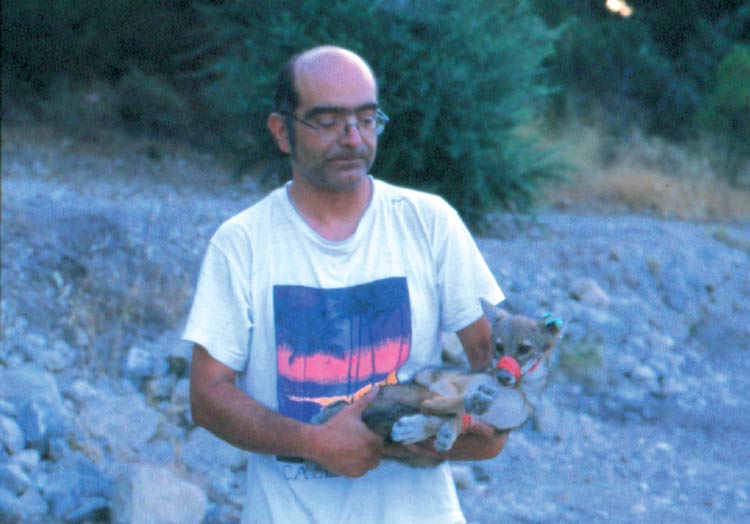
© G. Giannatos / WWF Greece
During 2000–2002, WWF Greece carried out a national jackal population count, which concluded with the formulation of an Action Plan for the species’ conservation in 2004. In 2008–2009, after the extensive devastating wildfires of the previous years, WWF Greece and the environmental organization Callisto carried out a project to count and record the species’ population in Chalikidiki and the Peloponnese, aiming at improving the efficiency of golden jackal protection and conservation in Greece.
Our work continued in Evros in 2010. In addition, WWF Greece keeps a database of reported golden jackal sightings and participates in the formulation of policy-influencing activities to protect the species.
Share this
